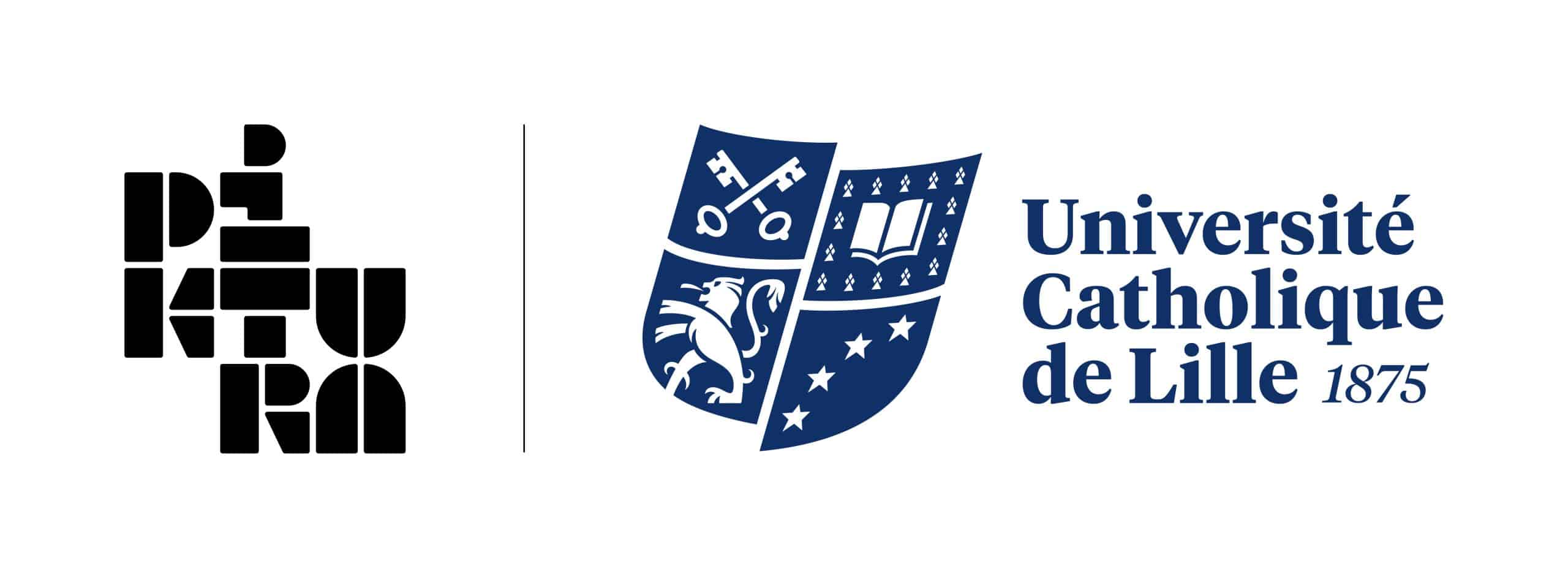
Gamification
Etablissement : PIKTURA Ecole de l’image
Langue : Français
Formation(s) dans laquelle/lesquelles le cours apparait :
Période : S2
Le cours du semestre 1 sur la Gamification (mais qui pourrait faire partie du cours du semestre 2), à savoir la partie théorique.
Mise en pratique des notions vues dans le cours théorique
Réalisation d’un atelier de Gamification dont le projet est amené par un client extérieur.
Livrables:
– Présentation du pitch de la solution proposée par les étudiants
– Analyse détaillée selon les méthodologies vues en cours
– Démonstration d’un petit prototype de type POC (éventuellement simulé)


